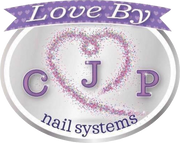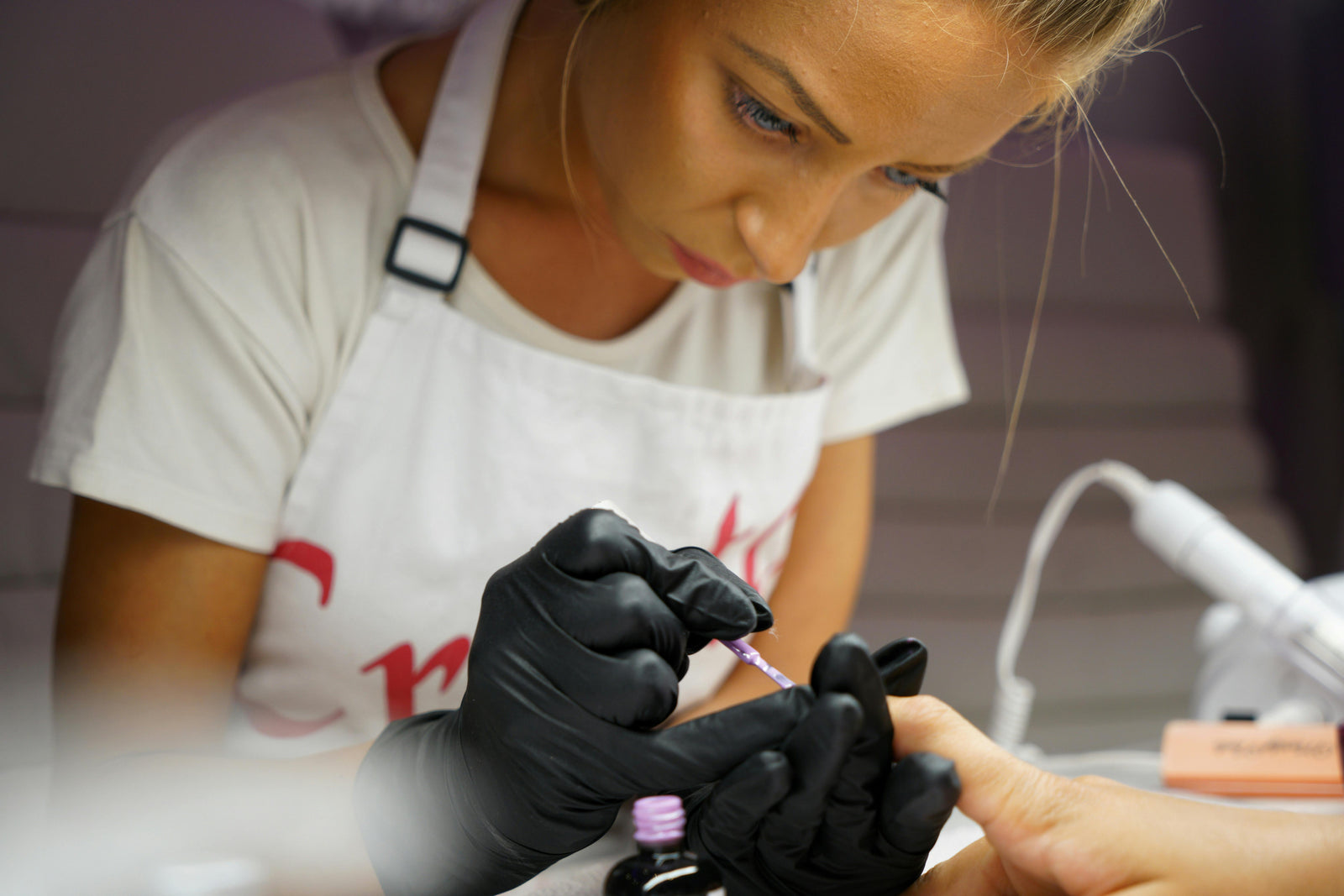As a nail technician, you may not realise the impact that your chosen profession can have on your mental health.
In this helpful guide, the compassionate team at CJP Nails highlights the specific challenges that nail techs face and some of the proven methods they can use to overcome them.
Navigating long or unsociable working hours
Between client availability, spikes in seasonal demand, and high competition for business, nail technicians, especially those who are self-employed, may find themselves under increased pressure to work longer (or more unsociable) hours which can blur a line between work and life.
In terms of client availability, many prospective clients work traditional 9-5 jobs, which pushes nail technicians to offer appointments outside of typical working hours to accommodate them.
This means they often work well into the evenings, weekends, and even holidays – sacrificing vital personal time.
Not to mention, nail techs with competitive pricing rely on the sheer volume of clients to turn a profit and generate enough income, so if there are any no-shows, they have to work longer hours to make up the shortfall.
Approaches that may help:
Setting strict boundaries regarding your working hours
While you may be comfortable accommodating some appointment requests outside of working hours, a lack of boundaries and saying ‘Yes’ to one too many clients can lead to a barrage of inconsiderate and inconvenient requests.
Promoting respectful appointment booking practices
By using social media or simply speaking to your clients, you can educate your audience on respectful booking practices. This approach can help you to maintain a positive client-customer relationship and avoid burnout by taking on too many last-minute appointments.
Taking regular breaks, without exceptions
If you’re committed to working longer, more unsociable hours, then don’t neglect your breaks. Regular breaks give you a chance to mentally recharge, helping to not only reduce your risk of burnout, but also improve your focus and quality of nail tech services.
Processing clients' emotional unburdening
Personal service providers, like hairdressers and massage therapists as well as nail technicians, are often at the forefront of constant emotional offloading from clients, fuelled by a private-yet-informal setting, one-on-one interaction, and close physical proximity.
A world away from a client’s personal life, these service providers can feel like a safe space where they can offload their problems without fear of judgement.
While this emotional unburdening can be beneficial for clients, it can have a draining, detrimental impact on the mental health of nail technicians – especially if this happens constantly.
Approaches that may help:
Implementing respectful client boundaries
Sensitively enforcing respectful boundaries in-person can help to discourage clients from emotionally unburdening themselves. From carefully redirecting the conversation to focusing on the positives, try to steer any chats away from emotionally charged topics and towards more light-hearted subjects.
Seeking support from your colleagues and community
Speaking to individuals in the same industry and position as yourself can offer reassurance that you’re not alone. Self-employed individuals in particular, without workplace colleagues to confide in, should consider reaching out to a likeminded community of nail techs.
Creating a relaxed environment that promotes quieter appointments
Whether you choose to play calming music or advertise your services as ‘quiet appointments’ where the focus is on self-care and mindfulness, you can purposely tailor your professional environment and services to deter in-depth, emotionally draining talks with clients.
Managing the stress of business ownership
According to Policy Bee, more than half (60.5% to be exact) of people in the beauty and hairdressing industry are self-employed.
This figure includes the nail tech industry where many individuals struggle with the constant stress of business ownership.
From the fear of failure to high workloads and minimal support, being a self-employed nail technician can create feelings of isolation, burnout, and stress.
This is supported by an online survey by Mental Health UK and iwoca which found 80% of the small businesses surveyed had experienced poor mental health symptoms.
Approaches that may help:
Separating yourself from the business
While this approach may seem counterintuitive, it’s important to remember that your business is entirely separate to you. Naturally, businesses go through periods of success and loss, but these changes shouldn’t define your personal value and how you see yourself.
Pricing accordingly and taking non-refundable deposits
To support your sense of self-worth, your pricing should accurately reflect your time, qualifications, and skills. To protect yourself from unreasonable cancellations, it may also be wise to request non-refundable deposits to cover the time you put aside for any no-shows.
Considering what success looks like to you
Think about why you started your own nail technician business in the first place. Was it to spend every weekend working and feel burnt out as soon as you wake up? Unlikely. Redefining what success really looks like is vital to putting your mental wellbeing first.
Become part of the CJP Nails community
As an ever-growing community of new and experienced nail technicians, we understand that when you live, sleep, and breathe nails, it’s a 24/7 job that’s always on your mind.
That’s why CJP Nails isn’t just a place to pick up some of the best nail products on the market, but also connect with a group of likeminded techs that feel just like an extended family.
Offering one another invaluable support and inspiration, CJP techs are supported by our experienced educators, dedicated support team, and creator 365 days of the year.
Simply join our official Facebook group to get involved.

